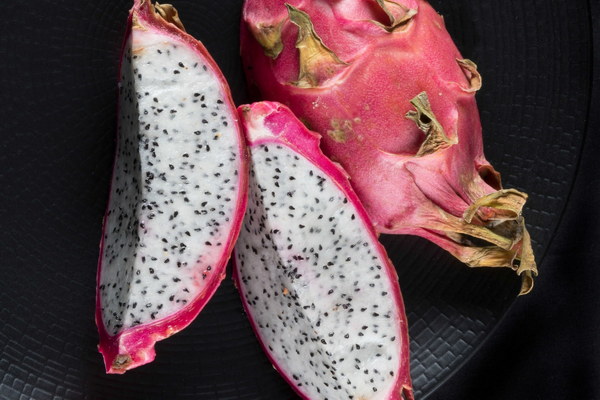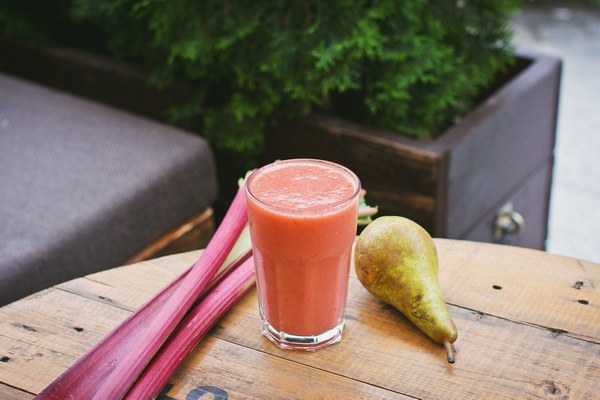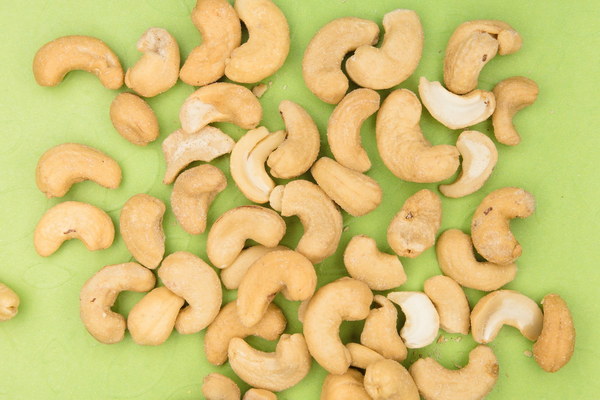Unlocking the Liver-Protecting Powers of Ginger A Comprehensive Guide to Its Benefits and Mechanisms
Ginger, a root crop with a rich history in traditional medicine, has been used for centuries to treat a variety of ailments. Among its numerous health benefits, ginger's liver-protecting properties have gained considerable attention. This article delves into the science behind ginger's liver-protective effects and explores its potential applications in promoting liver health.
Introduction
The liver is a vital organ responsible for detoxifying the body, metabolizing nutrients, and producing bile. Unfortunately, the liver can be vulnerable to various threats, including alcohol consumption, exposure to toxins, and chronic diseases. Ginger, with its potent bioactive compounds, has been shown to offer significant liver-protective benefits. This article will discuss the mechanisms behind ginger's liver-protective effects and highlight its potential as a natural remedy for liver health.
Ginger's Liver-Protective Compounds
Ginger contains a variety of bioactive compounds, including gingerols, shogaols, and zingerone. These compounds are responsible for ginger's health benefits and have been shown to have liver-protective properties. Here's a closer look at how these compounds work:
1. Gingerols and Shogaols
Gingerols and shogaols are the primary active components of ginger. They have been shown to possess antioxidant, anti-inflammatory, and anti-cancer properties. These compounds can help protect the liver from oxidative stress and inflammation, which are key factors in the development of liver diseases.
2. Zingerone
Zingerone, another bioactive compound found in ginger, has been found to have hepatoprotective effects. It can help reduce liver inflammation and improve liver function. Zingerone also has anti-fungal and anti-bacterial properties, which may contribute to its liver-protective effects.
Mechanisms of Liver Protection
Ginger's liver-protective effects can be attributed to several mechanisms:
1. Antioxidant Activity
Gingerols and shogaols have potent antioxidant properties that can neutralize free radicals, which are unstable molecules that can damage liver cells. By protecting against oxidative stress, ginger can help reduce the risk of liver diseases such as non-alcoholic fatty liver disease (NAFLD) and liver cirrhosis.
2. Anti-Inflammatory Effects
Inflammation is a key factor in the development of liver diseases. Gingerols and shogaols have been shown to inhibit the production of pro-inflammatory cytokines, which are responsible for promoting inflammation. By reducing inflammation, ginger can help prevent the progression of liver diseases.

3. Anticancer Properties
Ginger has been found to have anticancer properties, which may contribute to its liver-protective effects. Gingerols and shogaols have been shown to induce apoptosis (cell death) in liver cancer cells and inhibit the growth of new blood vessels that feed cancer cells.
Ginger's Potential Applications in Liver Health
Given ginger's liver-protective properties, it has the potential to be used in various applications to promote liver health:
1. Preventing Liver Disease
Regular consumption of ginger may help prevent the development of liver diseases such as NAFLD and liver cirrhosis. Adding ginger to your diet can be an easy way to reap these benefits.
2. Treating Liver Disease
Ginger may also be useful in the treatment of existing liver diseases. While more research is needed, some studies suggest that ginger can improve liver function and reduce inflammation in patients with liver disease.
3. Complementary Therapy
Ginger can be used as a complementary therapy in conjunction with conventional treatments for liver diseases. It may help alleviate symptoms and improve overall health.
Conclusion
Ginger is a versatile spice with numerous health benefits, including liver protection. Its bioactive compounds, such as gingerols, shogaols, and zingerone, offer antioxidant, anti-inflammatory, and anticancer properties that can help protect the liver from various threats. Incorporating ginger into your diet may be a simple and effective way to promote liver health and reduce the risk of liver diseases. However, it's important to consult with a healthcare professional before making any significant changes to your diet or treatment plan.









